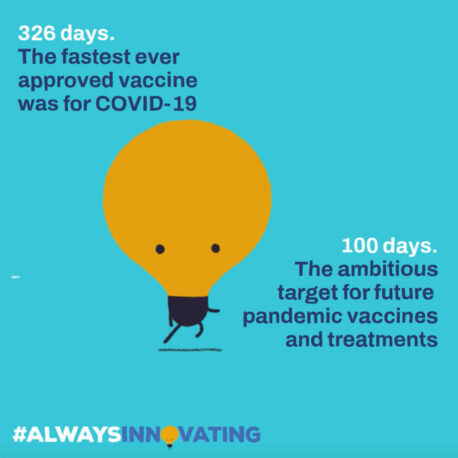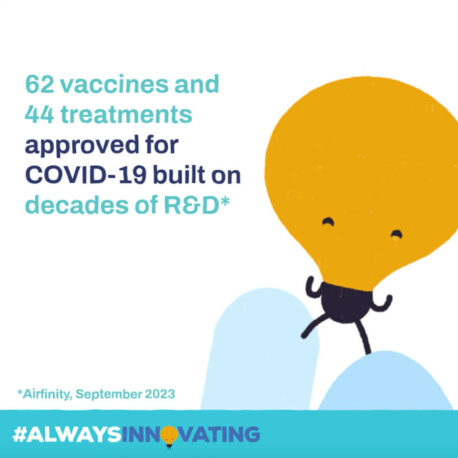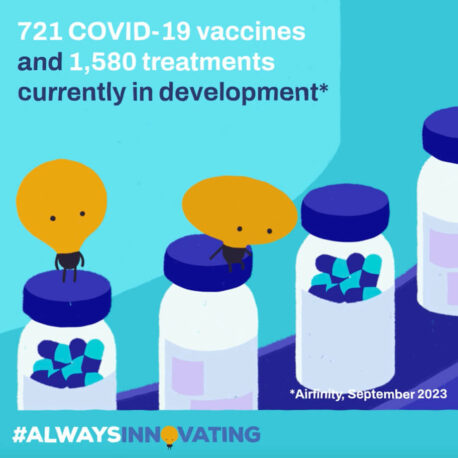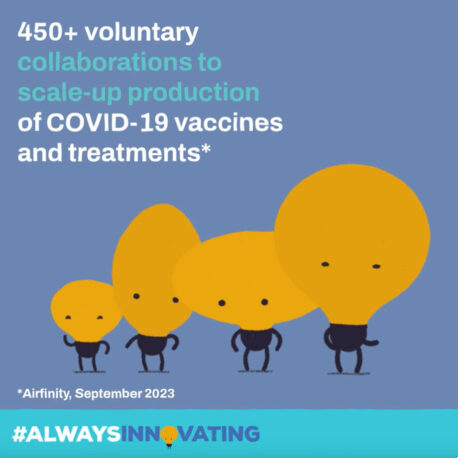Pandemic preparedness
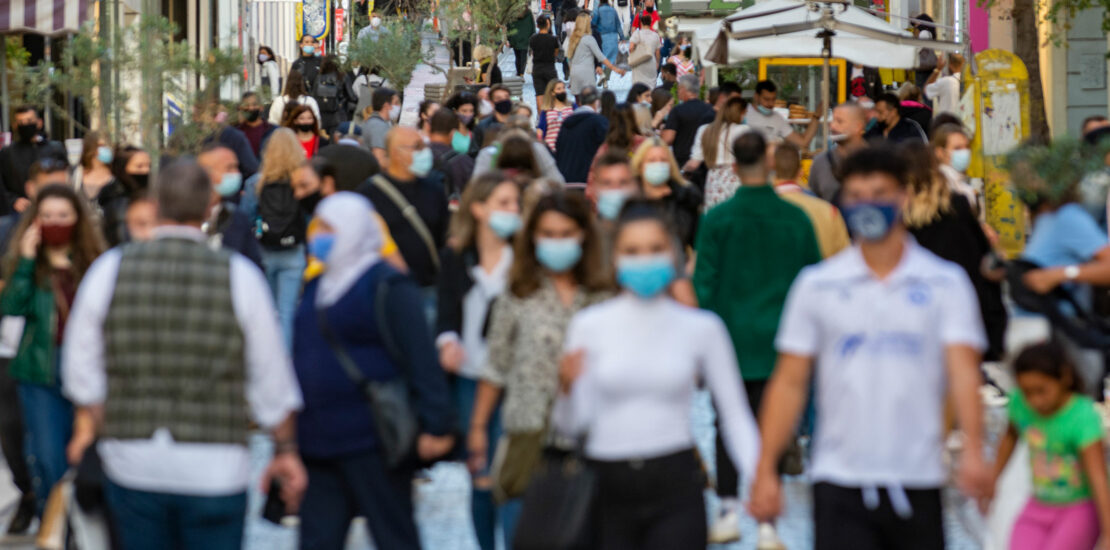
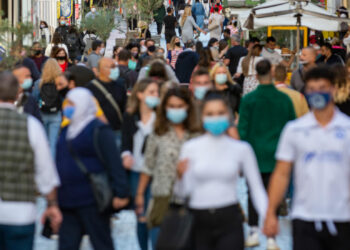
The innovative pharmaceutical industry has played and will continue to play a critical role in pandemic preparedness response. IFPMA has a strong track record as a partner contributing knowhow and exploring solutions.
Overview
During the COVID-19 pandemic, innovation, scaling manufacture, a socially responsible approach to pricing and sharing technology changed the course of pandemic in record time.
But, despite the efforts of the global health community, equitable access to COVID-19 tools in the most vulnerable in low- and middle-income countries (LMICs), was compromised. Together with global stakeholders, IFPMA and our industry are determined to accelerate equitable access to such life-saving tools in now and for future global pandemics.
The first COVID-19 vaccine was approved for emergency use only 326 days after the genetic sequence of SARS-CoV-2 was released. This was the fastest vaccine development ever.
Such speed of response has been key to changing the impact of COVID. Now, we can prepare to react even quicker to the next pandemic and ensure equitable access to new innovations sooner.
With sustained political and industry leadership and collaboration, we could develop and deploy high-quality diagnostics, therapeutics and vaccines in just 100 days after a new pandemic threat is identified (see Second 100 Day Mission Implementation Report).
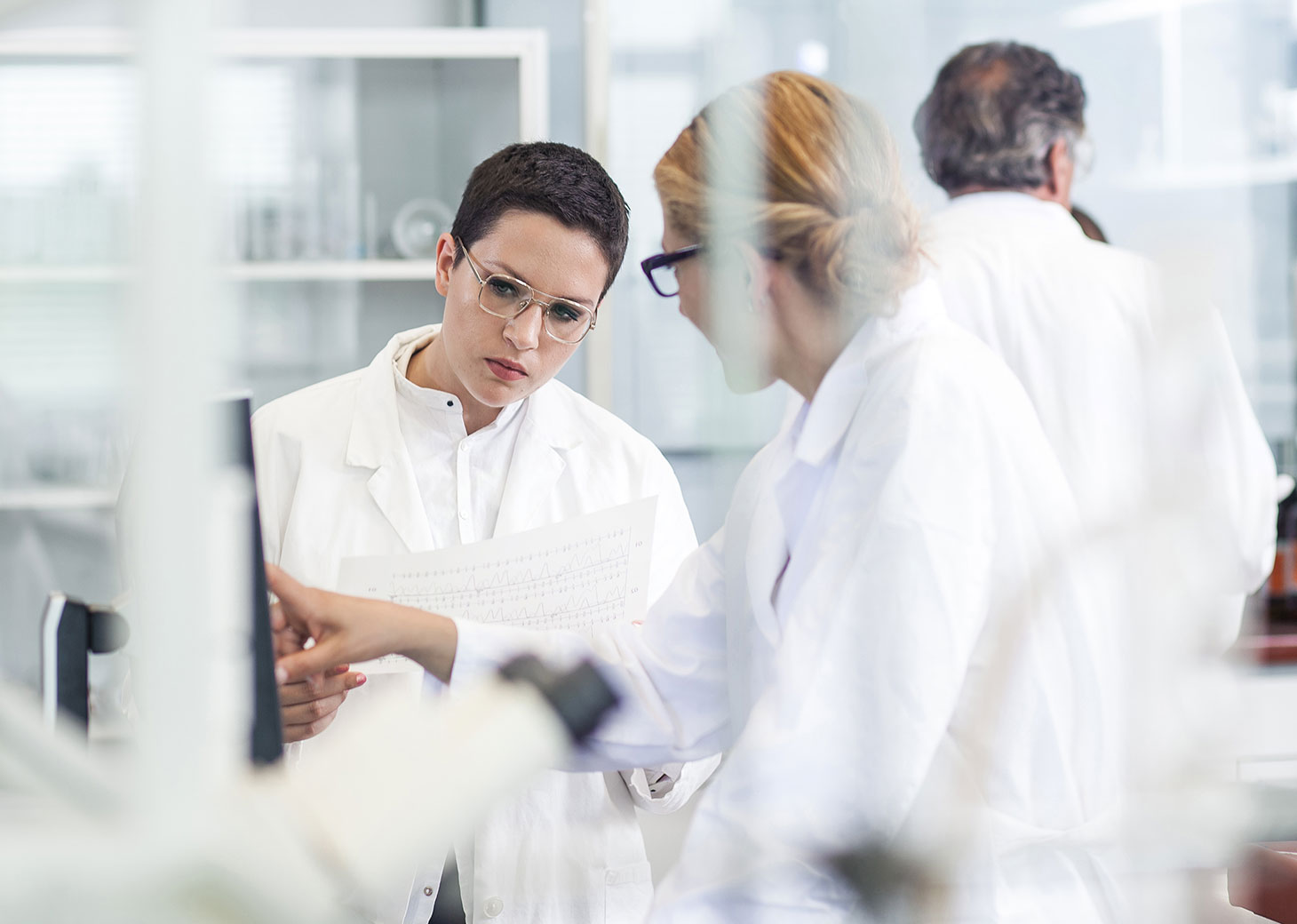
With sustained political and industry leadership and collaboration, we could develop and deploy high-quality diagnostics, therapeutics, and vaccines in just 100 days after a new pandemic threat is identified.
The Berlin Declaration
Drawing from lessons learned from the global response to COVID-19, IFPMA launched the Berlin Declaration.
This sets out an approach to more equitable pandemic preparedness and response based on collaboration, commitments, and contributions across the global health community.
Our industry’s goal is to address issues of equitable access to vaccines, diagnostics, and therapeutics during a global pandemic. We propose reserving part of the real-time production of these medical countermeasures to distribute to vulnerable populations in LMICs.
Looking ahead, it’s vital that countries have the technical and health infrastructure, human resources, financial capacity, and political support to successfully vaccinate, test, and provide care for their populations.
In addition, borders between countries should be open without trade restrictions.
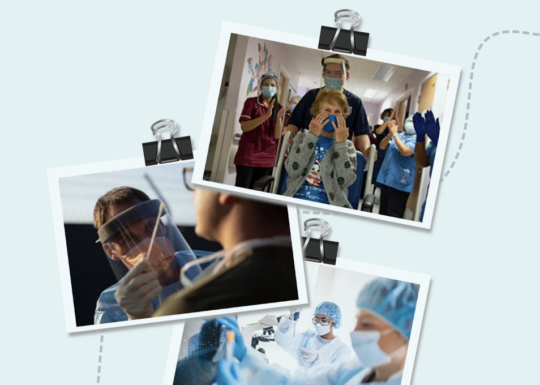
IFPMA COVID-19 Innovation Timeline
This timeline illustrates how the innovative pharmaceutical industry came together with the broader global health community to respond to the COVID-19 pandemic with unprecedented speed and scale, overcoming significant hurdles along the way.
Fit-for-purpose global health architecture
While we have been part of the largest and most rapid global vaccine rollout in history, we know that society expects us to act even faster and much more efficiently in terms of equitable rollout in the future. All stakeholders have a collective responsibility in this endeavour.
The global health and governance community must use the lessons learned from COVID-19 and apply a forward-looking approach to designing a new global architecture for Health Emergency Preparedness, Response, and Resilience (HEPR).
This should acknowledge that a multistakeholder structure including industry, public agencies, multilateral organizations, financial institutions, governments, civil society, and philanthropic organizations is the only viable way to manage pandemics.
The innovative pharmaceutical industry’s guiding principles for effective multilateral pandemic preparedness and response include:
It’s also imperative to build on industry’s strengths when it comes to R&D, manufacturing, and distribution. This can only be achieved through a robust intellectual property system, which is the basis for putting in place the collaborations needed to develop and manufacture vaccines and treatments rapidly and at scale. 62 vaccines and 42 treatments have been approved for COVID-19, built on decades of R&D. Almost 450 voluntary collaborations are in place to support the global supply of COVID-19 vaccines and treatments. 610 COVID-19 vaccines and 1,171 COVID-19 treatments are currently in development.
Looking ahead, pathogen surveillance systems need to be pandemic ready and support pre-emptive R&D. Health systems need to be stronger and resilient so that they can rapidly absorb and deliver vaccines and medicines to those who need them. In addition, for vaccination campaigns to be successful, people need should feel confident in their governments.
This demands a lab-to-last-mile strategy.
Also, the world needs to show more solidarity because pandemics do not respect borders.
Our industry proposes to create a collaborative solution for more equitable rollout of vaccines, diagnostics, and treatments for future pandemics. It has committed to reserve vaccines and treatments for priority populations in lower-income countries, but this will only work if countries commit to a social contract.
We call on other stakeholders to work together with us to help make this proposal a reality and shape a future where everyone is better protected during pandemics.
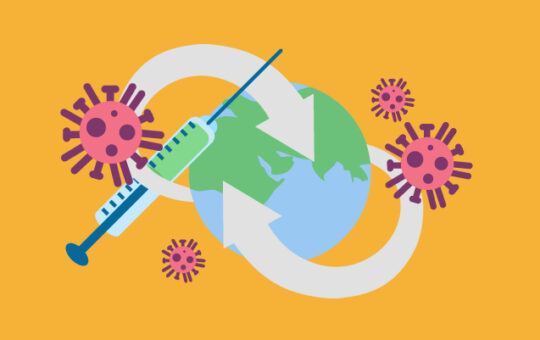
Health at the UN General Assembly: Innovation and equity for pandemic preparedness
Ahead of the 78th session of the United Nations General Assembly (UNGA78), IFPMA Director General, Thomas Cueni underscores the need for pandemic preparedness plans to support innovation and equity. Global leaders must ensure science and innovation can again deliver at record speed and scale, while supporting voluntary partnerships and enabling scientists to have unhindered access...
Read moreNo-Fault Compensation
Lessons learned from COVID-19 inform a legal liability framework for pandemic vaccines built to meet the challenges of a future pandemic.
NFC systems provide an administrative, non-judicial process for individuals to seek compensation for injuries allegedly linked to vaccines. During a pandemic, effective NFC systems may be essential to ensure equitable compensation and support rapid and continued vaccine coverage. NFC systems should be coupled with legislative liability protections for entities throughout the supply chain whose ability to efficiently develop, distribute, and administer vaccines may be hindered by excessive litigation.
We call for governments to implement well-designed NFC systems along with liability protections as essential preparation to respond to the next pandemic threat.
No-Fault Compensation (NFC) systems and legislative liability protections for pandemic vaccines
This joint white paper recommends the implementation of well-designed NFC systems coupled with legislative liability protections for pandemic vaccines to ensure both equitable compensation and adequate vaccine coverage in a future pandemic.
Read more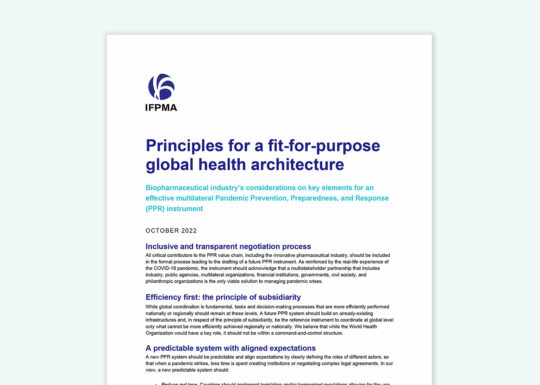
Effective pandemic prevention, preparedness, and response
The innovative pharmaceutical industry has prepared a set of principles capturing its considerations on key elements for an effective multilateral pandemic prevention, preparedness, and response instrument.
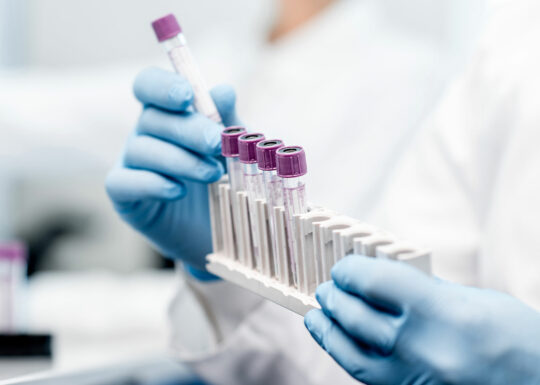
Access to pathogens
Immediate, unrestricted access to pathogens and their genetic information is fundamental to global health security and the crucial first step to developing the vaccines, medicines, and tests the world needs.
#AlwaysInnovating to strengthen global health security
The Berlin Declaration
COVID-19 brought to light the many difficulties in achieving equitable distribution and access to related medicines and vaccines. The Berlin Declaration is IFPMA’s response to such challenges.



